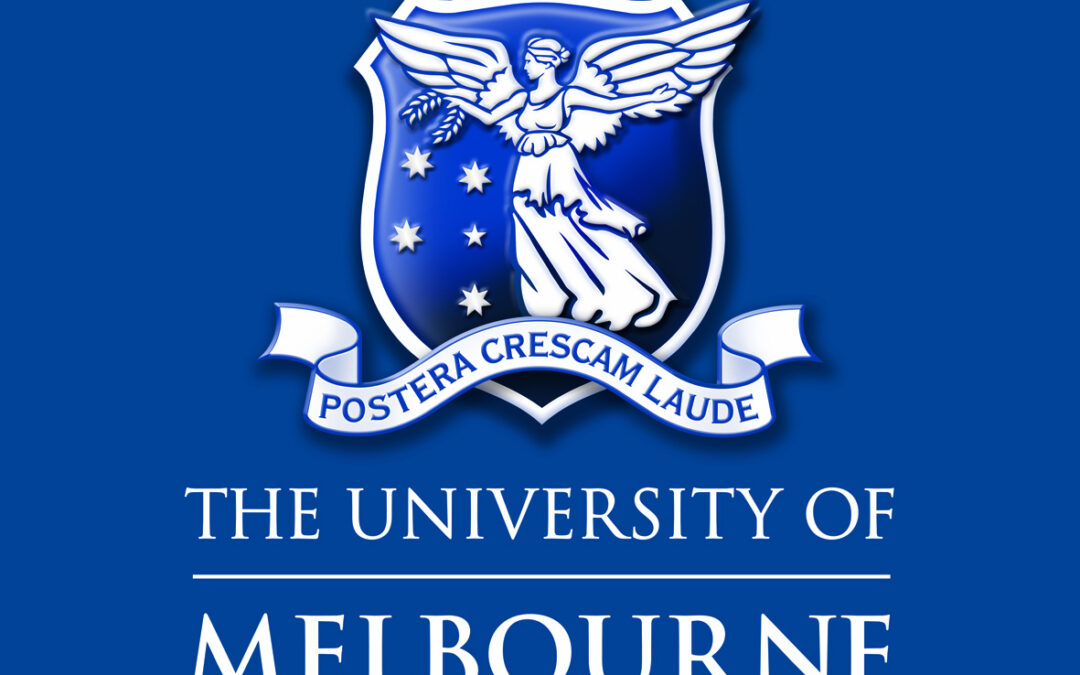Three researchers at the Royal Women’s Hospital will share in grants worth $30,000 from Endometriosis Australia.
Successful grant recipient, Dr Jacqueline Donoghue, from the Women’s Gynaecology Research Centre and Department of Obstetrics and Gynaecology, University of Melbourne said that previous research by her team had identified a gene called vezatin (VEZT) that was associated with an increased likelihood of a woman developing endometriosis.
She will develop animal models to study the function of VEZT and how VEZT affects endometriosis disease establishment and progression.
“We will have an opportunity to use these unique models to develop and test new treatments for endometriosis that could eliminate the need for invasive surgery.” Dr Donoghue said.
Dr Premila Paiva, from the Women’s Gynaecology Research Centre and Department of Obstetrics and Gynaecology, University of Melbourne will determine the function of VEZT with a specific focus on identifying the genes and pathways VEZT regulate.
“Identifying pathways that increase endometriosis risk will provide critical new insight into how endometriosis develops and would pave the way for new treatment strategies.” Dr. Paiva stated.
Dr Jane Girling, is another grant recipient from the Women’s Gynaecology Research Centre and Department of Obstetrics and Gynaecology, University of Melbourne.
Her team’s project aims to investigate the unmet physical, psychological and social needs of Australian women with endometriosis using a survey, research and focus groups.
“What is needed is a systematic examination of unmet needs, which can be used to improve clinical care and ultimately the woman’s experience of living with endometriosis,” Dr. Girling said.
Endometriosis Australia co-founder Donna Ciccia said she was excited to announce the winners of the research grants being offered for the first time this year.
Endometriosis, which is one of the most debilitating and complex disorders affecting women, is present when the tissue that is similar to the lining of the uterus (womb) occurs outside this layer and causes pain and/or infertility. It affects one in 10 women and there is no prevention or cure.
A 2014 study suggested endometriosis costs Australian society $7.7 billion annually attributed to loss in productivity and healthcare costs.
Ms Ciccia said there was an urgent need for more research funding to improve the lives of women with endometriosis.
“We had 19 applicants for this grant showcasing the lack of funding in the area of endometriosis research even though we have world class researchers in the field here,” Ms Ciccia said.
“Annually endometriosis only attracts very small amount in research funding from the National Health and Medical Research Council (NHMRC) while other issues such as men’s health and asthma attract more than $15 million.”




